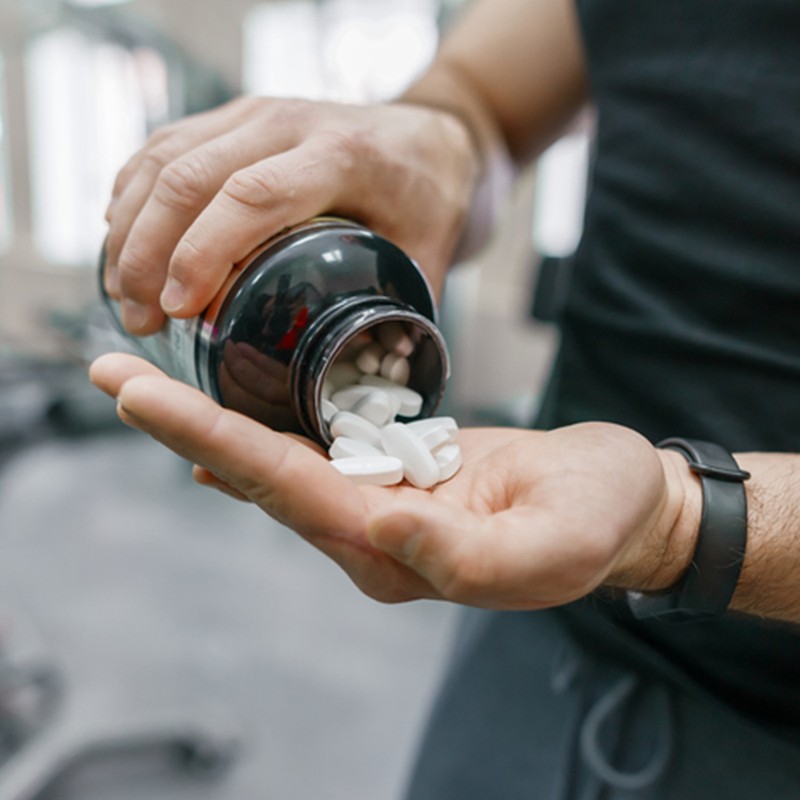Is It Worth Taking A Pre-Workout Supplement?
Firstly, what is a pre-workout supplement?
It’s a powder, pill or processed snack (usually some kind of bar) that you take shortly before you exercise. “There are hundreds of pre-workout supplements out there, and they all tend to consist of caffeine, plus a concoction of other ingredients such as beta alanine, creatine and BCAAs,” says Harry Grosvenor, PT and head coach at Virgin Active. He explains they’re designed to increase performance during anaerobic exercise (like strength training) or endurance exercise (like cardio) by providing an energy boost and delaying fatigue.
So they can help if you’re trying to hit a PB?
The jury’s out, says Harry. “The first thing to remember with supplementation is that they’re there to ‘supplement’, i.e. to add to a healthy, well-balanced diet. When considering them, it’s important to remember the relative benefit they have is minimal. They should be the last thing to consider after appropriate training and diet planning.” That said, studies show certain supplements can give your workout a boost.
What ingredients should you look out for?
Dr Kian, training specialist at Freeletics, says beta-alanine could be worth a try, especially when it comes to endurance. “In the body, beta-alanine acts like a buffer. It prevents the blood from becoming too acidic too quickly and can therefore prolong a short high-intensity effort. A growing body of evidence has consistently demonstrated beta-alanine can improve performance in short-type endurance activities – that’s anything intense that lasts between one to four minutes. Think a long set of squats, a 400m sprint, or a 1,500m race.” But beta-alanine won’t work its magic overnight, he says. “Studies show you need to take it for two to four weeks (4-6g daily) for it to act as a buffer.” Branched chain amino acids (aka BCAAs) are also worth considering, he says. “These amino acids play a role in regulating muscle glucose uptake as well as promoting muscle synthesis. Low blood levels of BCAAs have been associated with fatigue in sports, especially endurance sports lasting more than two hours. BCAA supplementation has been show to delay fatigue in novice athletes, but results are not significant in more experienced ones.”
What about coffee? Doesn’t that provide a decent energy boost
Absolutely – caffeine is one of the most under-rated pre-workout supplements. “For anyone who’s not a professional athlete, caffeine is probably one of the best, most affordable and accessible pre-workout supplements,” says Dr Kian. “It improves one’s nervous system output, can keep you focused and can temporarily push away feelings of fatigue.” But how much to take before you hit the gym? “I recommend 2-9mg of caffeine per kg of bodyweight 30-60 minutes prior to exercise. For example, as an 100kg man, that equates to 200-900mg of caffeine,” says Harry. “For reference, your average espresso contains around 40mg of caffeine and filter coffee contains around 100mg. You can also buy caffeine tablets that contain about 200mg per dose.”
If weight loss is your goal, can any supplements help?
Alas, there is no magic pill for sustainable weight loss. That said, Dr Kian says stimulants like caffeine promote the increase of fat tissue utilisation as energy during exercise, especially during endurance workouts such as running and cycling. “This means that if someone ingests caffeine prior to training, they will increase the proportion of fat being used as energy and thus burn more fat during that activity. Then again, if that same person overeats, they will still gain fat and not get leaner.” Harry warns against using supplements that claim to burn fat or help you lose weight. “These can often be filled with dangerous amounts of caffeine to raise your body temperature and thus the rate you burn energy. This can come with possible side effects, including disrupting your sleep and energy levels, which will in turn negatively impact your weight-loss goals. To lose weight safely, forget supplements, you just need to be in a calorie deficit – i.e. eat fewer calories than your body burns.”
And if you’re looking to gain muscle?
Similar to losing weight, the overarching rule for lean muscle mass gain is energy balance, meaning you need to consume more than you burn. Harry also says it’s vital to ensure you’re eating adequate amounts of protein – ideally 1.5g per kg of body mass. If this seems like a lot, it could be worth considering a protein powder. “If you’re looking to gain muscle mass, caffeine and creatine (a type of acid) are a good choice of pre-workout supplements,” advises Dr Kian. “They can help us to maximise our rapid energy stocks needed to support the short and intense efforts of a muscle building programme. This could look like one cup of coffee with 2-5g of creatine up to 60 minutes pre-workout.”
Tell us more about the role of protein in pre-workout nutrition…
Due to its role in muscle synthesis, you’ll typically find protein in recovery supplements or protein powders recommended for post-workout use, but Harry believes there may be something in taking protein pre-session. “Protein should be taken consistently throughout the day so that it’s readily available for the body to absorb. It can take about two hours to digest protein, so taking it before exercise should mean it’s readily available for the body to utilise after your workout.”
So the bottom line?
Pre-workout supplements might give you an edge when it comes to going that little bit further, but only if you have your nutrition and training on track.
Visit Freeletics.com and follow Harry on Instagram
*Features published by SLMan are not intended to treat, diagnose, cure or prevent any disease. Always seek the advice of your GP or another qualified healthcare provider for any questions you have regarding a medical condition, and before undertaking any diet, exercise or other health-related programmes.
SHOP OUR PICK OF SUPPLEMENTS...
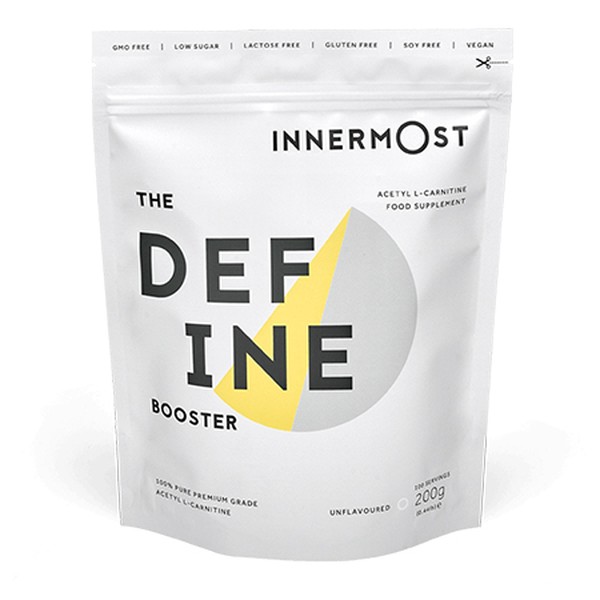
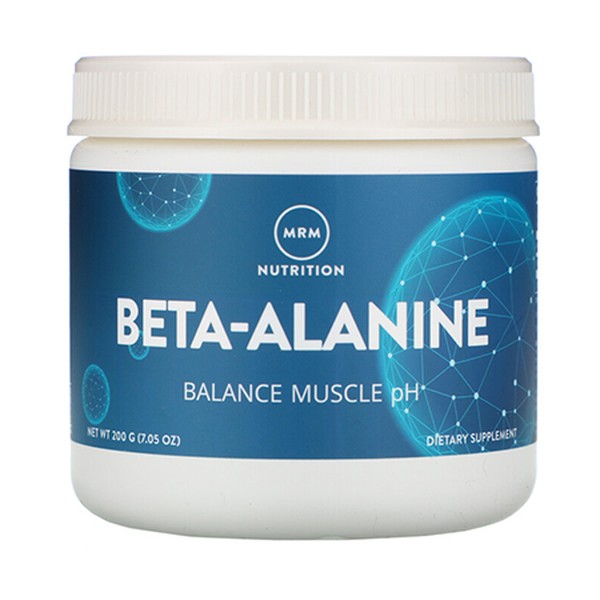
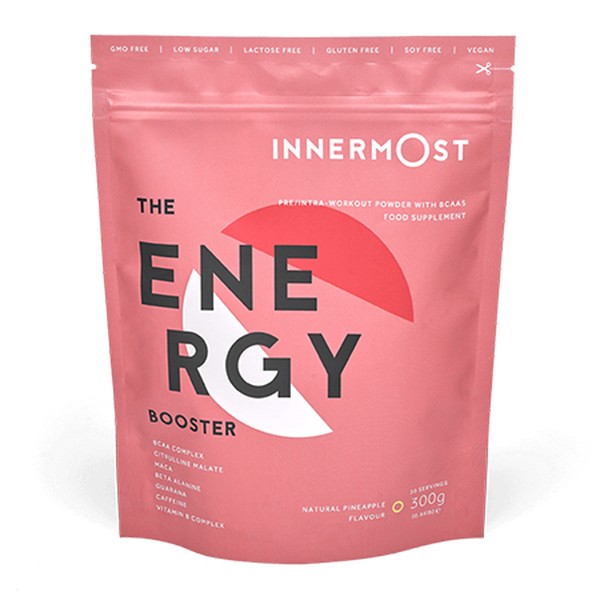
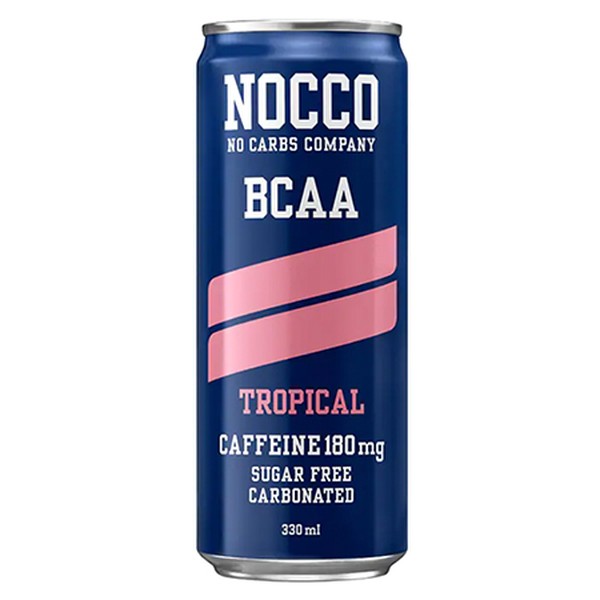
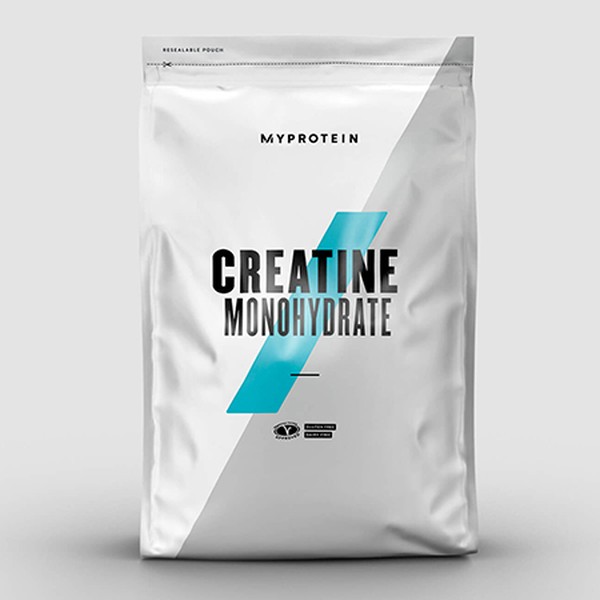
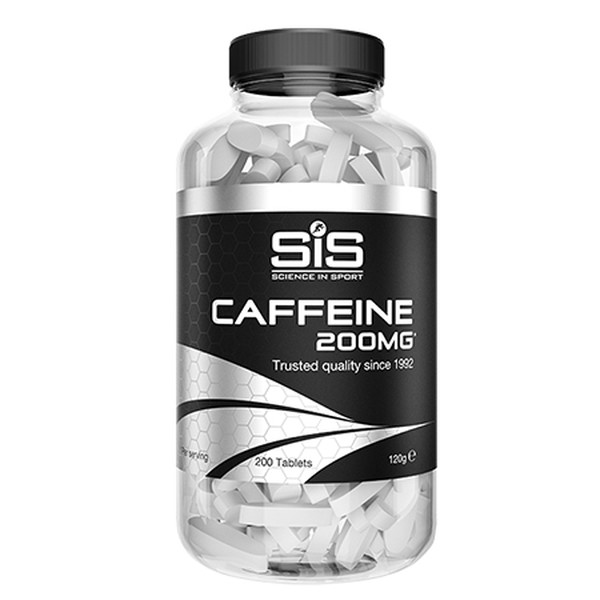
DISCLAIMER: We endeavour to always credit the correct original source of every image we use. If you think a credit may be incorrect, please contact us at [email protected].
